RECENT GUESTS
BROWSE OUR MOST
POPULAR THEMES
OUR TOP 10
NUGGETS

Music and Leadership
Meher talks about how her experiences as a singer in a choir have helped her in her corporate pursuits. She talks about how it has helped her build a sense of purpose beyond numbers. She also talks about how performing as a collective has helped her realize the value of teamwork and how an orchestra is only as good as the weakest musician.
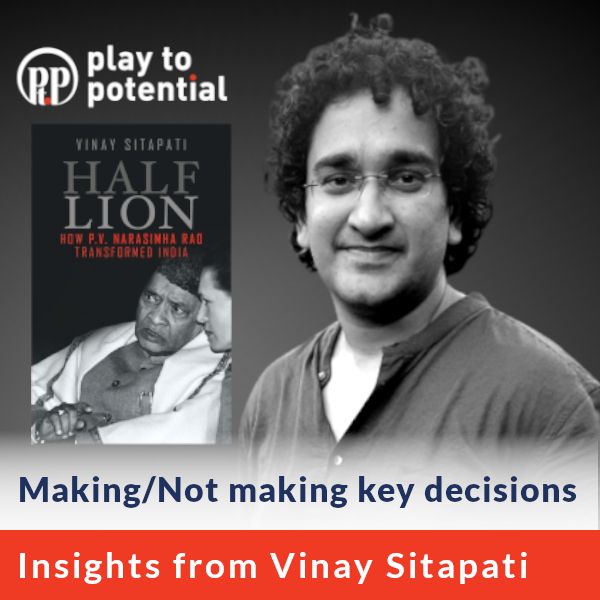
Making/Not making key decisions
Vinay talks about how Narasimha Rao made decisions or chose not to make decisions strategically depending on the political context. He mentions that often people think of Narasimha Rao as an intellectual but Vinay argues that he was a man of action but also somebody who was acutely aware of his political ability to drive through change.
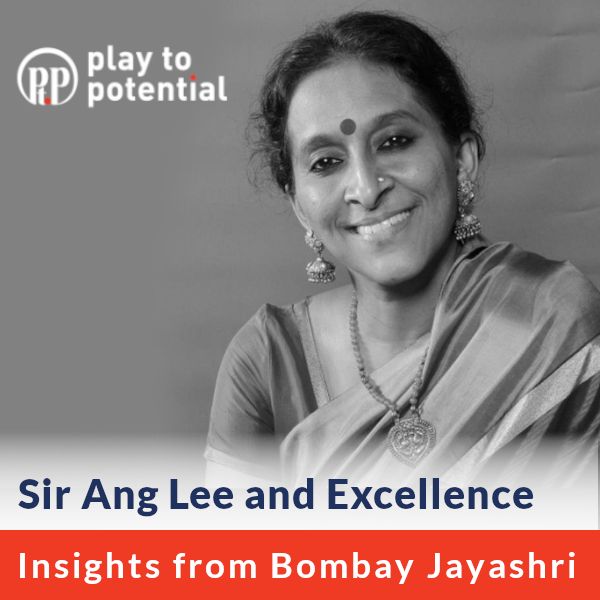
Sir Ang Lee and Excellence
Jayashri talks about her collaboration with Sir Ang Lee where when she collaborated with him to sing for the movie – Life of Pi. The song was eventually nominated for the Oscars for the Best Original Song (first Tamil song to be nominated). She talks about how Sir Ang Lee brought out the best in her during the five days that she spent recording the 5 odd lines of the song.
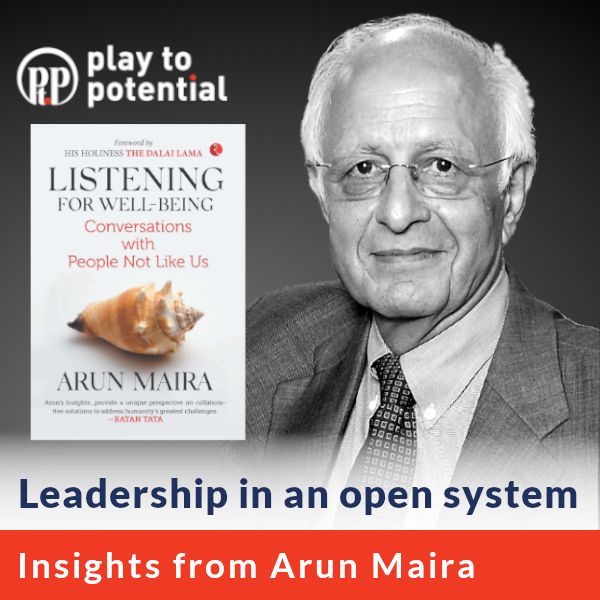
Leadership in an open system
Arun talks about his perspectives on Leading in an Open System where you do not have money, authority or power to wield as a source of influence. As we move towards a world where more and more value is being added by an ecosystem of players around a corporation (rather than value chains residing fully inside the company), how CEOs of today navigate this shift and create the right culture in the organization is critical.
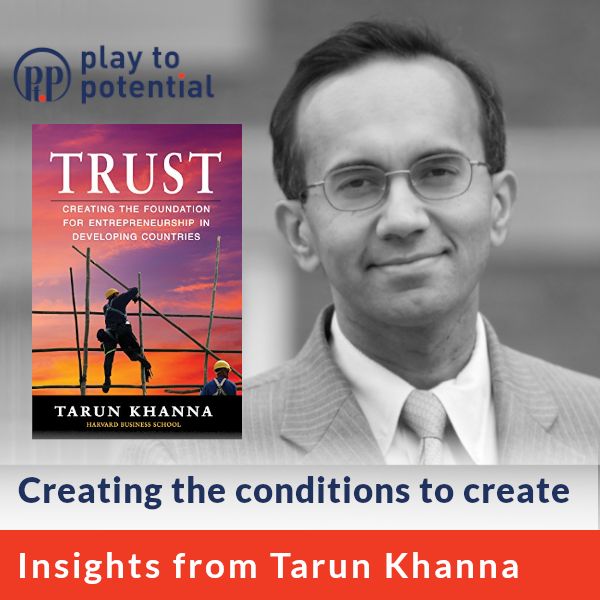
Creating the conditions to create
Tarun makes the case for why it is critical for entrepreneurs in developing economies to build trust in their local economies. He contrasts the differences between a start up in Boston and its counterpart in Bangalore, Bogota or Beijing. Given the relative differences in maturity of institutions that provide support and the depth of talent in some of the associated areas, entrepreneurs starting up in emerging economies might have to deal with a lot of friction and Tarun makes the case for building trust for it to act as a lubricant in those circumstances.
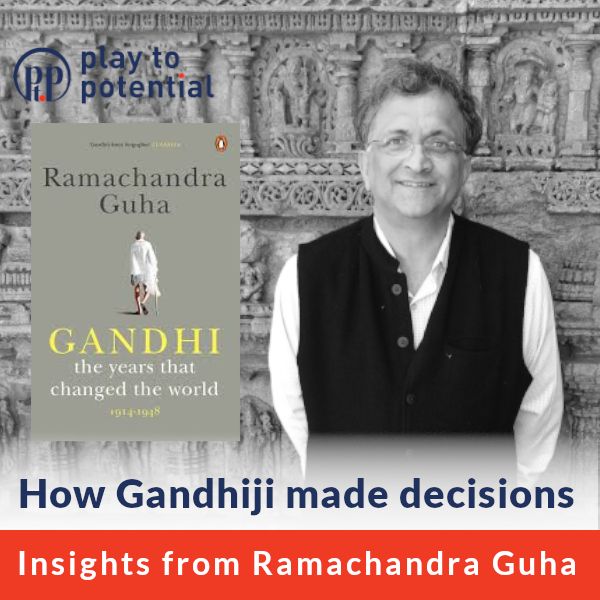
How Gandhiji made decisions
Dr. Guha speaks about Gandhiji went about making complex decisions. He talks about how he was able to combine the need to be democratic and to listen to the various people around him with the ability to be decisive and back his instincts given the overall context.
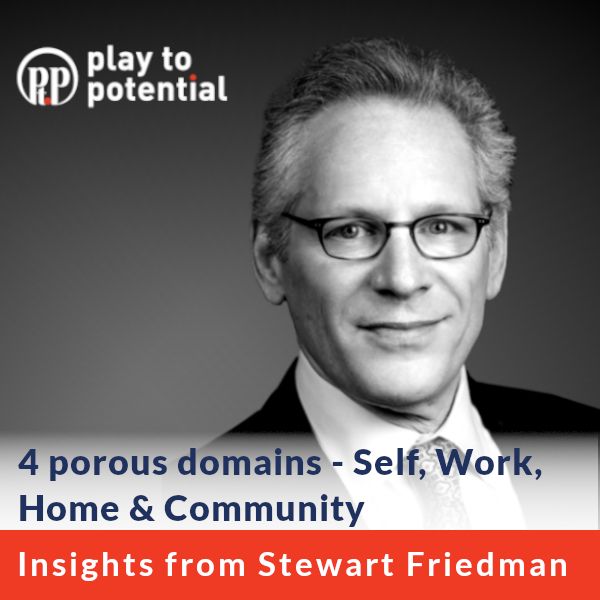
4 porous domains - Self, Work, Home & Community
Stew talks about the building blocks of his Total Leadership Model that he has developed at the Wharton Work Life Integration Project. Of the four domains (Self, Work, Home and Community), he expands on what he means by Self and Community as those two are often the least understood by leaders around the world.
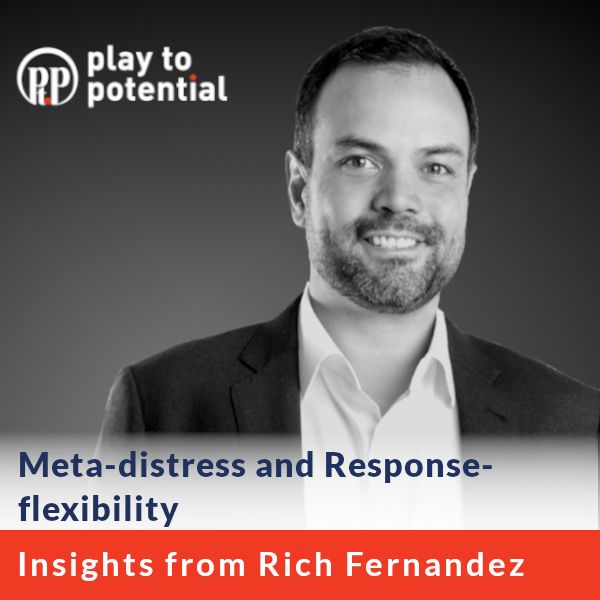
Meta-distress and Response-flexibility
Rich discusses the distinction between choosing a response to a situation and reacting. He also speaks about the difference between events that unfold and the story we tell ourselves about the events that unfold. He links it to the notion of agility where he says we need to be agile in the way we stay present to the world around us and that agility is a prerequisite for us to be agile as leaders in the business context.
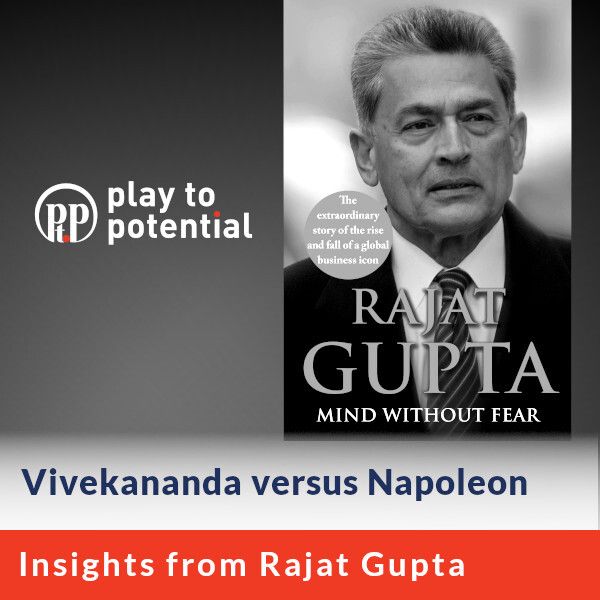
Vivekananda versus Napoleon
Rajat speaks about the kind of leadership style that is required at the helm of a firm like McKinsey. He speaks about how one has to think about influencing and nudging rather than commanding and directing while leading a team of highly capable and self-driven people.
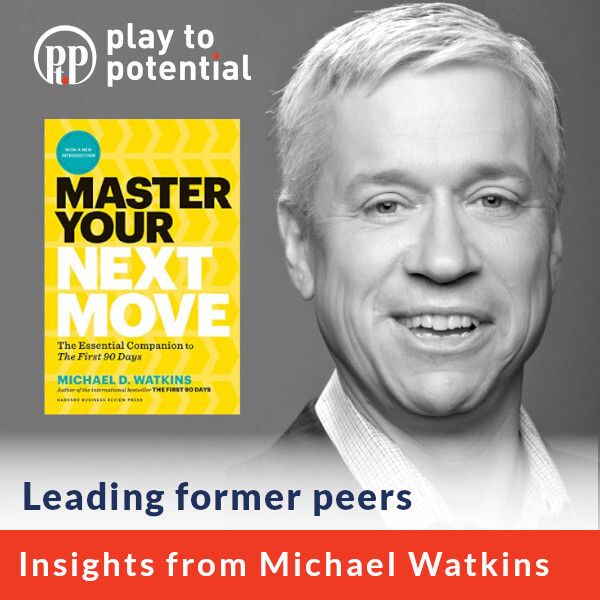
Leading former peers
Michael lays out the key challenges involved when a leader gets promoted and transitions to a context where he/she has to lead a team with several individuals who used to be his/her peers earlier. He gives some useful insights on how leaders could think about re-engineering the relationships while walking the tight rope between being a “Napoleon” and a “Super-peer”.

































 Share
Share



